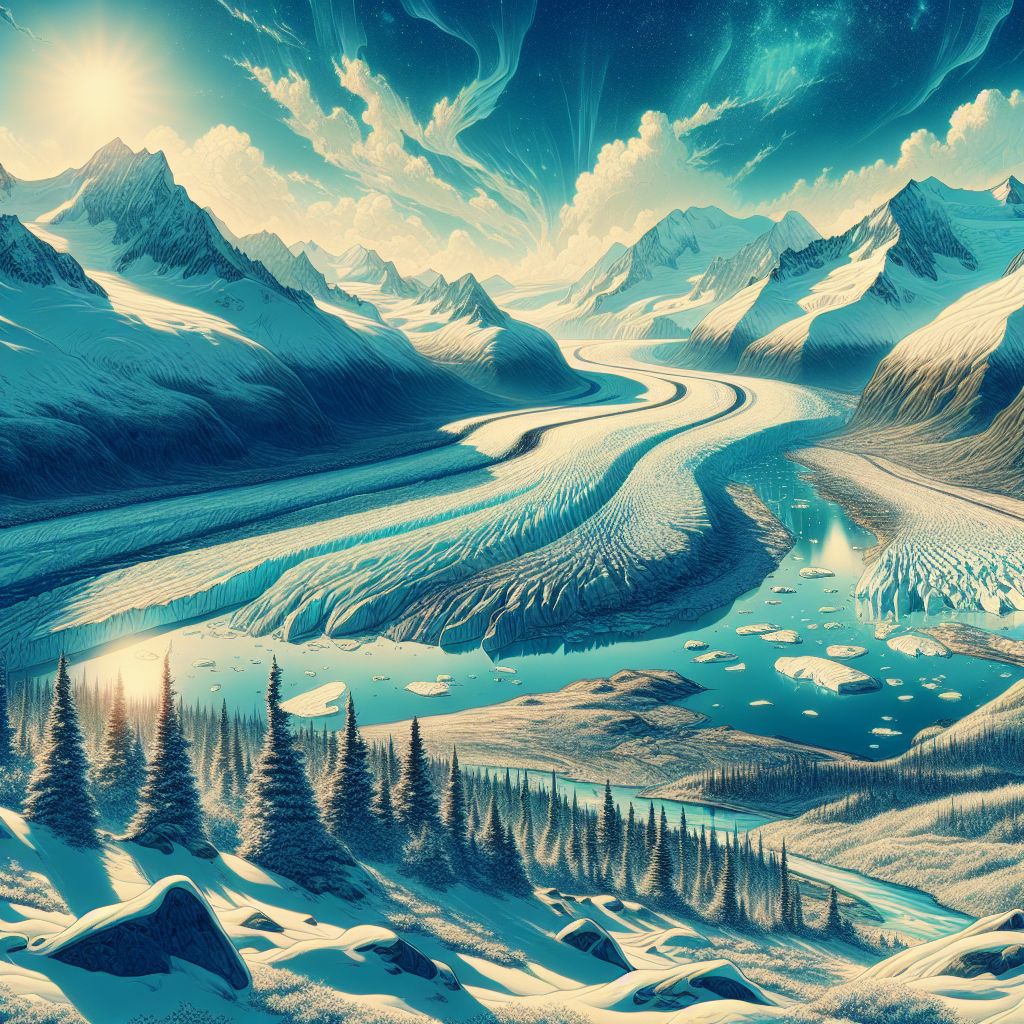The Accelerated Melting of Juneau Icefield: A Dire Climate Warning
Juneau Icefield, located near the Alaska-Canada border, is experiencing accelerated melting due to rising temperatures. Researchers observed that as the end-of-summer snowline rises, more ice gets exposed to sunlight, increasing melt rates. This trend, evident from historical data, suggests an irreversible tipping point could be reached soon, exacerbating global glacier loss.

By Bethan Davies, Newcastle University, Newcastle Upon Tyne, Jul 7 (The Conversation) – The accelerated melting of North America's Juneau Icefield could soon reach an irreversible tipping point, according to new research. The icefield, straddling the Alaska-Canada border, is losing ice and snow at an alarming rate due to rising temperatures.
In the summer of 2022, researchers traversed the icefield, observing firsthand the impact of higher temperatures on the glaciers. Their work, published in Nature Communications, reveals that as summer temperatures rise, less snow remains, exposing ice to further melting, creating a feedback loop.
Using historical data and satellite imagery, researchers noted a significant increase in melt rates since the end of the Little Ice Age. This ongoing trend underscores the pressing need to understand and address the mechanisms driving glacier melt to better predict future climate scenarios.
(With inputs from agencies.)










